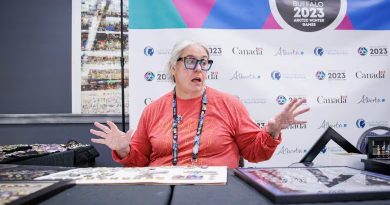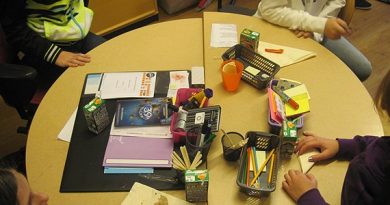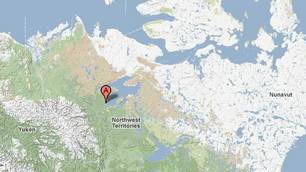International nursing students gather in Saskatchewan to talk northern health care
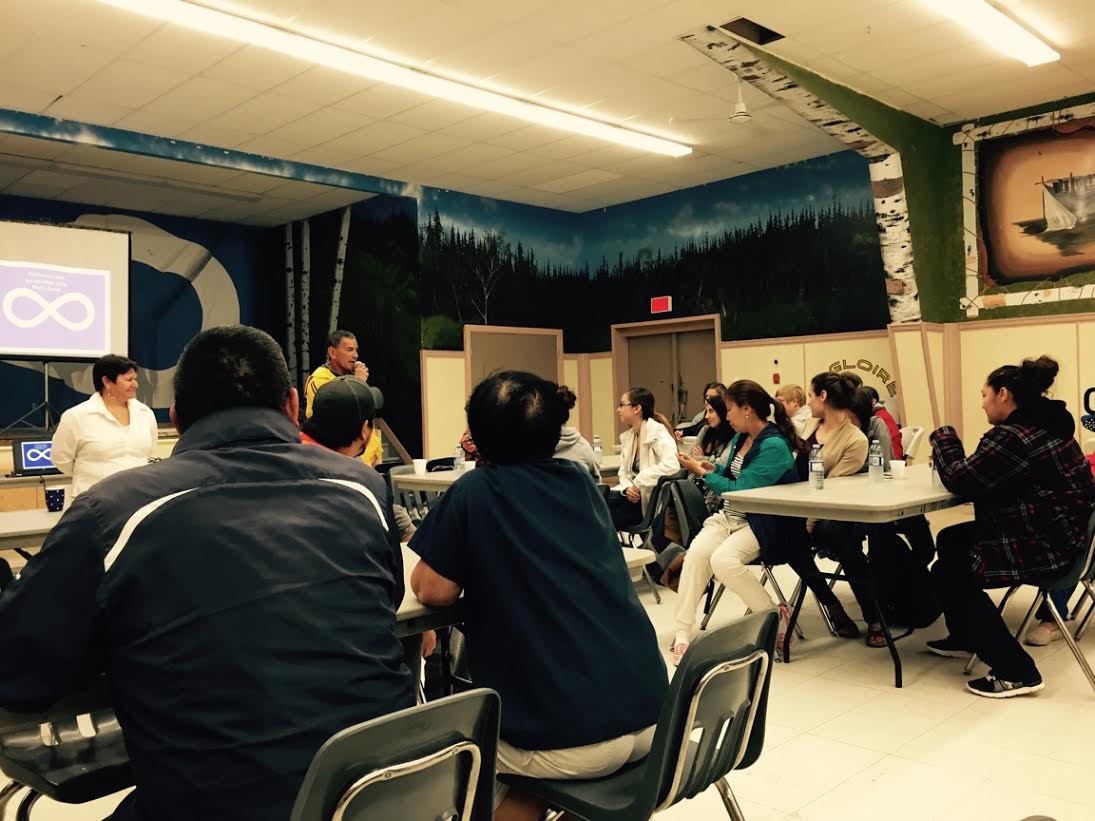
A conference exploring the challenges of northern nursing wrapped up in the Canadian city of Saskatoon on Friday, after giving students from around the circumpolar world a crash course on the challenges and opportunities of working in remote communities.
The Innovative Learning Institute for Circumpolar Health was organized through the University of the Arctic, a network of educational institutions from around the North.
Nursing students from Canada, Greenland, Iceland, Russia, Finland and Norway gathered in Saskatoon, located in the western Canadian province of Saskatchewan, from August 2 – August 12.
“We’re very happy to be supporting these northern nursing students, really supporting capacity for the community in the community,”said Heather Exner-Pirot, Strategist for Outreach and Indigenous Engagement at the College of Nursing at the University of Saskatchewan, and one of the conference organizers.
“They’re all looking forward to going back and practising and will take the lessons they learned from each other back with them.”
To find out more about northern nursing and the role some northern communities are playing in improving health in their own communities, Eye on the Arctic spoke with Heather Exner-Pirot:
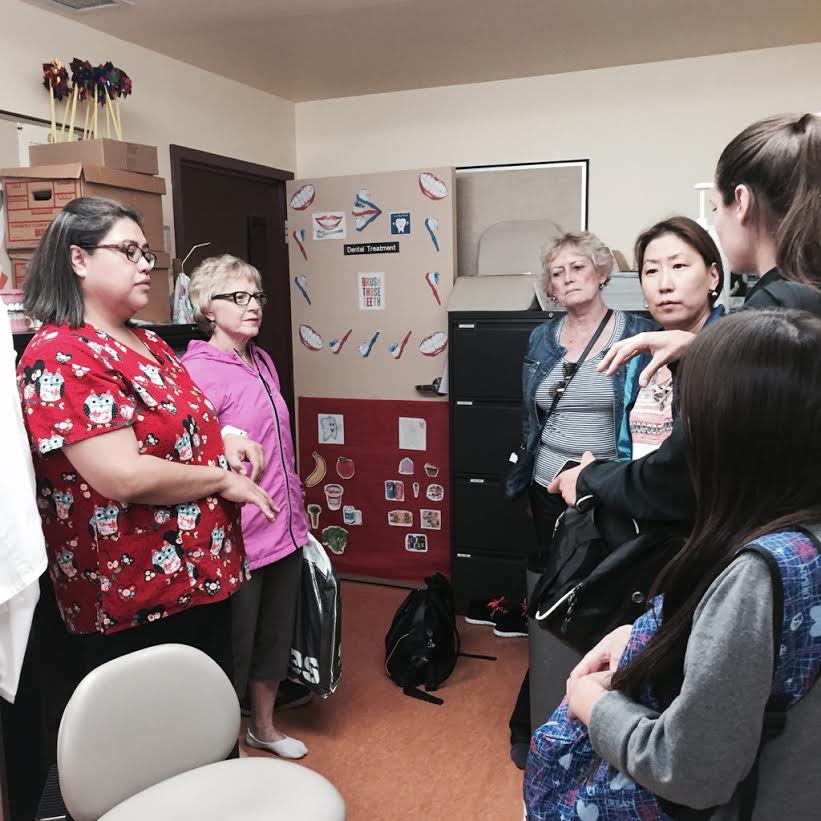
Advice from communities in northern Saskatchewan
Nursing is the backbone of the health system in most of the world’s remote northern regions, which often lack facilities, specialists and infrastructure.
During the conference, students did everything from attending lectures to travelling to some of Saskatchewan’s isolated communities to hear from northern residents first-hand about the health challenges and successes they’ve had.
Some of those communities even offered a little bit of advice.
“Never go in thinking as a nurse you’re going to fix somebody, but you’re there to help somebody six themselves,” Exner-Pirot said about one community’s advice to the students.
For more information on northern nursing, click HERE
The 2017 institute will be held in Norway.
Eye on the Arctic’s 2011 conversation with Canadian nurse Minnie Akparook about the obstacles she overcame to start her career and the health challenges facing Canada’s Inuit population today:
Related stories from around the North:
Canada: Telehealth in the Arctic – Unfulfilled potential, Blog by Heather Exner-Pirot
Finland: Study finds lower cancer rates among indigenous Sámi, YLE News
Norway: Nordic diet a heart-smart alternative, Radio Sweden
Russia: Reindeer herders evacuated from anthrax zone in Russian Arctic, The Independent Barents Observer
Sweden: The Sami Health Paradox, Radio Sweden
United States: Alaska Villages without running water or health aides: Federal officials hear about challenges, Alaska Dispatch News

